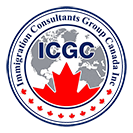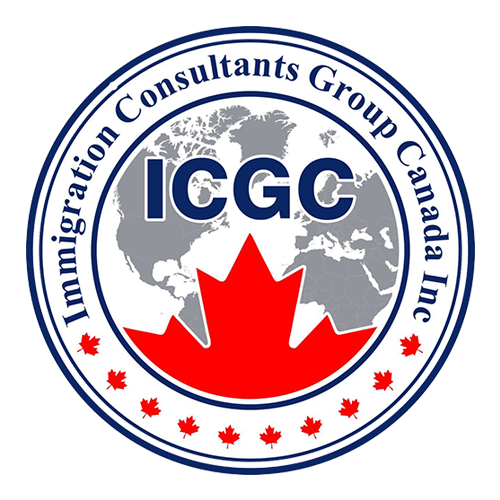Weighing the costs and benefits of applying for Express Entry
A 2020 study by Immigration Refugees and Citizenship Canada (IRCC) found that of the applicants granted PR through Express Entry, 95% were established economically (with both high employment rates, and level of income). Of these, 83% were working in their primary field, and nearly half were working in professions that usually required a university degree (TEER 1). In addition, successful applicants were earning higher salaries than the average Canadian worker.
In light of this, it is important to note that there are costs associated with applying for Express Entry that applicants will have to incur, to successfully move through the program.
After submitting a profile through Express Entry, and receiving an Invitation to Apply (ITA), from IRCC applicants are one step closer to immigrating to Canada under permanent residence (PR).
The Needed Documents
After receiving an ITA, you will need to accept this invitation to progress towards PR. From here you will have 60 days in which to submit a host of other papers to complete your application and be considered for PR in Canada.
These papers include:
- A valid passport copy;
- A copy of your birth certificate;
- Documentation attesting to work experience;
- Medical exam conducted by an approved panel physician; and
- Police clearance certificates.
In addition to these papers, other documentation may be needed, depending on what path of Express Entry you have pursued. These can include (but are certainly not limited to):
- A letter of attestation from one’s employer;
- Official transcripts of post-secondary education study program courses taken;
- Proof of family relationship(s) in Canada;
- Copies of work contracts and/or pay stubs; and
- Documents relating to income taxation.
These papers can vary slightly depending on which stream of Express Entry you have applied to.
The Costs Behind Applying
*Note: all expenses are listed in Canadian dollars*
As with submitting a profile through Express Entry, you will face peripheral costs in securing all the necessary documents for your application. Two common examples are:
Medical examination costs
The bulk of costs here is usually incurred for an Immigration Medical Exam (IME). The IME is a standard medical examination that must be conducted by an approved panel physician (searchable through the IRCC directory). All associated costs here (including additional tests or treatments if required) will need to be paid upfront. Medical exam/test results are valid for up to 12 months.
While the exact cost of an IME may vary slightly, they should all roughly follow the same tiered pricing scheme (per an applicant’s age)*:

*X-rays should be between $40-50; referrals to specialists and additional tests can incur extra costs should they be needed.
Police checks and clearance documents will be necessary to complete a finished application to respond to an ITA. This expense is broken down into federal processing fees and local processing fees according to the Royal Canadian Mounted Police (RCMP).
While the federal processing fee ($25) is waived for applicants who need the record check for immigration and citizenship purposes – the local processing fees for fingerprint collection will still apply. These costs vary between different accredited agencies and local authorities, though often fall between $30-35.
The Expense of Success
The last expense comes once an ITA is successfully responded to, and the government grants you PR.
Once granted PR status, you are required to pay a Right of Permanent Residence Fee (RPRF) of $515 per applicant. This is expected to be the final cost of the bureaucratic process. Your next set of costs will likely be around settling in Canada.
Can New PRs Make Their Expenses Back?
Successful applicants through the Express Entry system are well placed to see success in the Canadian labour market; as their acceptance is based on skills and other human capital factors that Canadian employers value highly.
As new permanent residents, successful applicants under the Express Entry program will also have all the rights associated with this status; including reduced university and college tuition, access to public healthcare, social programs, and a new life in Canada.
source: cicnews.com


